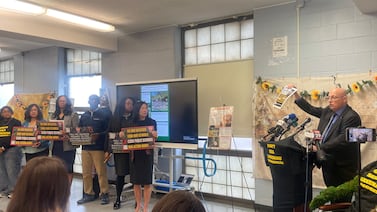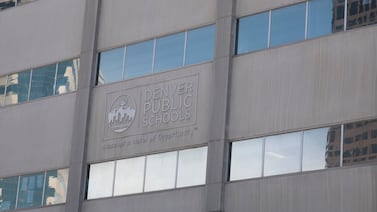There’s an array of differences between a high-need school like the one I teach in, and a better-off school in the suburbs or the Upper West Side. But it’s often the simple, minor details that bring the juxtaposition into focus.
For example, the field trip the third grade has planned to the Bronx Botanical Gardens. The school’s subsidizing the cost for the kids, so each only has to pay $4.50. Still, I cringed giving them only a week’s notice to turn it in, knowing it may be impossible for some of them. We’re all feeling acutely aware of the economy these days, but it’s still hard to grasp the reality of a situation where $4.50 isn’t readily available. It’s a humbling reminder of the world my students inhabit outside of the community I’ve tried to create in my classroom.
About our First Person series:
First Person is where Chalkbeat features personal essays by educators, students, parents, and others trying to improve public education. Read our submission guidelines here.






